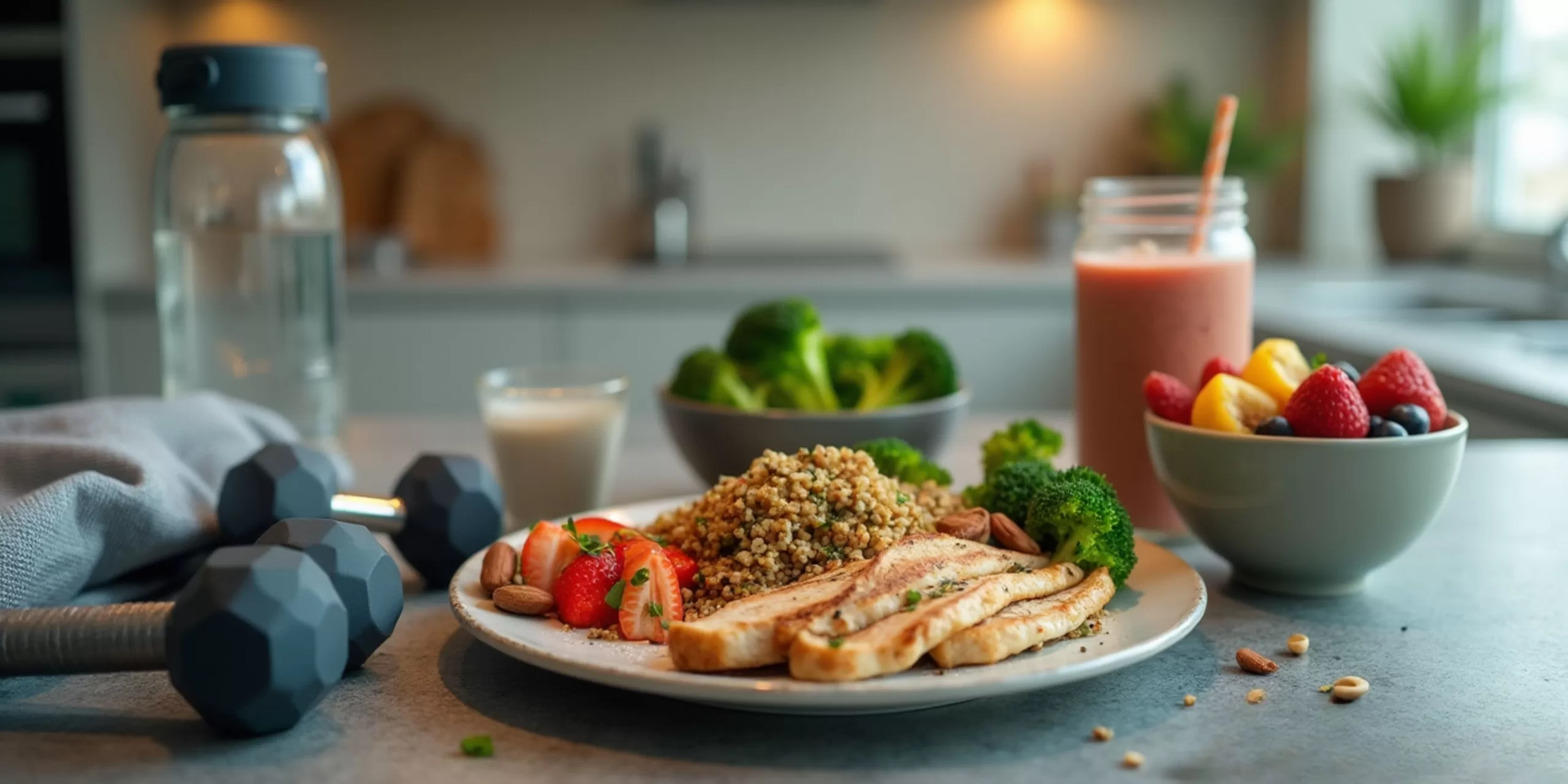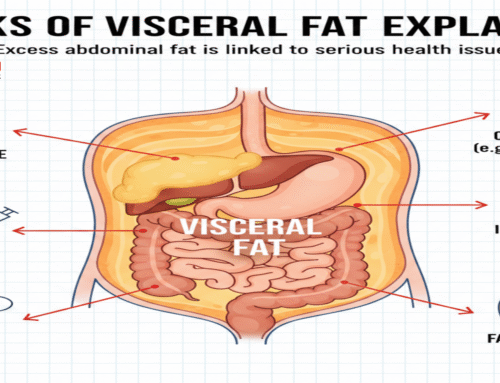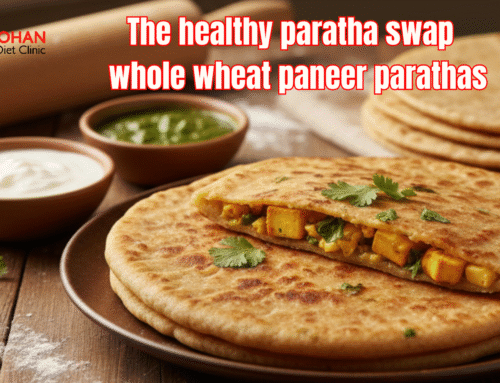

Dt. Natasha Mohan
Dietitian Natasha Mohan is one of the most influential and renowned nutritionist and dietitian, with over 3 Million Followers on YouTube and 200+ Million Views and with 10+ Years of Experience. Dietitian Natasha Mohan is a transformation expert, Motivational Speaker and Lifestyle Expert. She has touched million of lives. She specializes in Therapeutic Diets Like, PCOS/PCOD, Thyroid, Diabetes, Cholesterol, Blood pressure, and other lifestyle disorder.
Table of Contents
Effective Gym Diet Plan for Weight Loss - Beginner's Guide
When it comes to losing weight, the gym is only half the battle. Your diet plays an equally significant role, if not more. If you’re new to the world of fitness, crafting an effective gym diet plan for weight loss can feel overwhelming. Don’t worry—we’ve got you covered with this beginner-friendly guide that combines science, practicality, and a touch of motivation.
Why a Gym Diet Plan is Essential for Weight Loss
Let’s face it: no amount of exercise can outrun a poor diet. Weight loss is a numbers game, and the calories you consume versus the calories you burn ultimately determine your success. A gym diet plan for weight loss tailored for weight loss ensures that your body gets the right fuel to shed pounds while maintaining energy levels for workouts.
Importance of Combining Diet with Exercise
Imagine trying to build a house with just one tool. That’s what it’s like relying solely on exercise or diet for weight loss. Combining both creates a synergy that accelerates results and helps you develop sustainable habits.
Understanding the Basics of Weight Loss
Calories In vs. Calories Out
At its core, weight loss boils down to consuming fewer calories than your body burns. This calorie deficit forces your body to tap into stored fat for energy, leading to weight loss.
The Role of Metabolism
Your metabolism plays a crucial role in how many calories you burn daily. Factors like age, muscle mass, and activity levels influence your metabolic rate. Building muscle through strength training can help boost your metabolism over time.
The Foundation of a Gym Diet Plan for Weight Loss
Balanced Nutrition for Beginners
A well-rounded diet includes proteins, carbohydrates, and healthy fats. These macronutrients provide the energy and nutrients your body needs to function optimally.
**Importance of **Protein in Weight Loss
Protein is your best friend when it comes to weight loss. It helps you feel full longer, repairs muscles, and boosts your metabolism. Aim to include lean protein sources like chicken, fish, tofu, and legumes in your meals.
Macronutrients Breakdown
The Role of Carbohydrates
Carbs often get a bad rap, but they’re essential for providing energy. Opt for complex carbohydrates like whole grains, oats, and sweet potatoes for sustained energy levels.
Healthy Fats and Their Importance
Not all fats are created equal. Healthy fats from sources like avocados, nuts, and olive oil are crucial for hormone regulation and satiety.
Protein Sources for Weight Loss
Think lean meats, eggs, Greek yogurt, and plant-based options like lentils and chickpeas. These are versatile and easy to incorporate into meals.
Micronutrients and Their Role
Essential Vitamins and Minerals
Don’t overlook the importance of micronutrients. Vitamins and minerals support various bodily functions, from energy production to muscle recovery.
Hydration and Its Impact on Weight Loss
Water is a secret weapon for weight loss. Staying hydrated aids digestion, reduces hunger, and improves workout performance. Aim for at least 8-10 glasses daily.
Pre-Workout Nutrition
What to Eat Before Hitting the Gym
Fueling your body before exercise is crucial. A combination of carbs and protein can help maximize performance. Try a banana with peanut butter or a small bowl of oatmeal.
Best Pre-Workout Snacks
Keep it light yet energy-boosting. Examples include Greek yogurt with honey, a handful of nuts, or a protein shake.
Meal Timing and Frequency
How Often Should You Eat?
Eating every 3-4 hours can help stabilize blood sugar levels and prevent overeating. However, listen to your body and adjust as needed.
The Concept of Intermittent Fasting
Some people find success with intermittent fasting, which involves eating within a specific window. This approach can help control calorie intake and improve insulin sensitivity.
Sample Gym Diet Plan for Weight Loss
Breakfast Ideas
Scrambled eggs with spinach and whole-grain toast
Greek yogurt with berries and a sprinkle of granola
Lunch Ideas
Grilled chicken salad with mixed greens and olive oil dressing
Quinoa bowl with black beans, avocado, and roasted vegetables
Dinner Ideas
Baked salmon with steamed broccoli and sweet potato
Stir-fried tofu with brown rice and colorful veggies
Snack Ideas
Apple slices with almond butter
A handful of mixed nuts
Carrot sticks with hummus
Common Mistakes to Avoid
Overeating Healthy Foods
Yes, even healthy foods have calories. Portion control is key to staying within your calorie deficit.
Skipping Meals
Skipping meals can lead to overeating later in the day. Aim for consistent, balanced meals to keep hunger in check.
Staying Consistent with Your Gym Diet Plan for Weight Loss
How to Build Long-Term Habits
Start small and make gradual changes. Consistency is more important than perfection.
The Importance of Tracking Progress
Use a food diary or an app to track your meals and workouts. This helps you stay accountable and identify areas for improvement.
Conclusion
Embarking on a weight loss journey doesn’t have to be complicated. With the right gym diet plan for weight loss, crafted or inspired by a famous nutritionist in India, you can achieve your goals while enjoying delicious, nutritious meals. Remember, consistency and patience are your best allies. Now, it’s time to hit the gym and start your journey towards a healthier, happier you!
The best plan is one that includes a balanced mix of protein, carbs, and healthy fats tailored to your calorie needs.
Results vary, but with consistency, you can start noticing changes within 4-6 weeks.
While possible, a structured diet accelerates progress and ensures you meet nutritional needs.
Eggs, oats, beans, frozen vegetables, and canned tuna are budget-friendly and nutritious options.
Set realistic goals, track your progress, and remind yourself of why you started. Support from friends or a coach can also help.






Leave A Comment